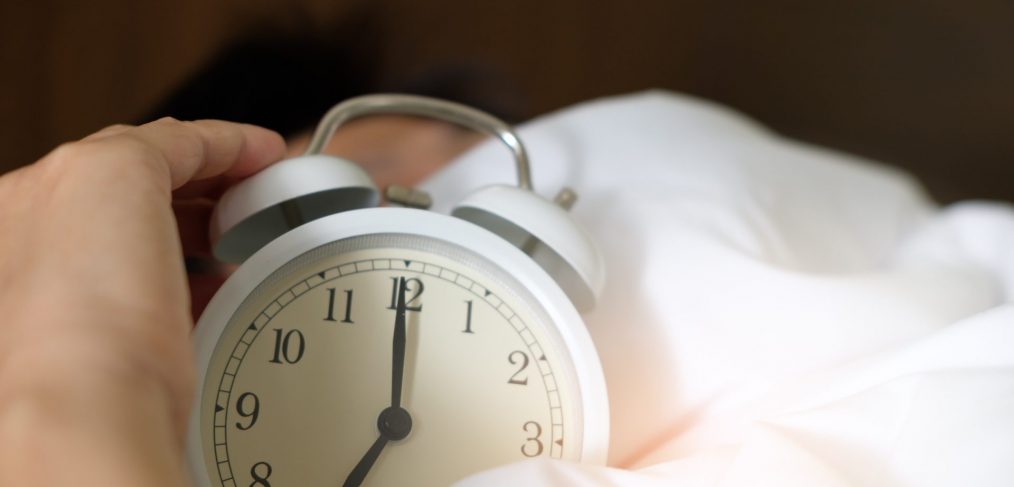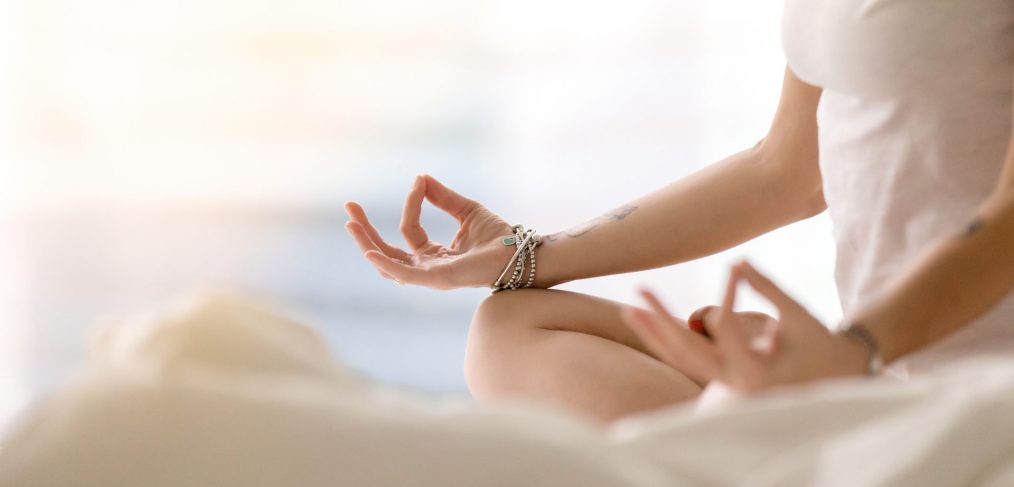Without doubt, blue light affects our sleep. There’s been a number of important studies demonstrating the disturbance that losing our connection to the natural light-dark cycles have created in our sleep patterns.
If you want to sleep well, you need to start your day well!
Phone addiction causes stress, anxiety and insomnia
Is Digifrenia robbing you of your precious energy and good quality sleep? Are you spending your precious time, life force energy and greatest potential on your phone, tablets and computers?
Circadian rhythm and sleep pressure are interconnected.
Sleeping well is a delicate combination of internal and external factors
Mantra is an incredible tool to help you get a good nights sleep
Do you find that you’re sleepy and tired in the evening, then when your head hits the pillow, your mind goes berserk? Do you long for a good nights sleep?
If you want to be getting some good quality zzzzz’s every night and sleep deeply, roll out your yoga mat in the morning while the sun’s rising!
One of the best natural sleep aids is the breath
However, if I was to say to you, “sleep aid”, I would imagine the first thing that came to your mind would be some sort of medication.
This 10 minute evening natural sleep aid is a wonderful way to calm the nervous system for a better nights sleep
It’s official name is Chandra Bedhi. I use this practice all the time as part of my evening wind down ritual.
Your body temperature is fundamentally connected to the overall quality of your sleep.










